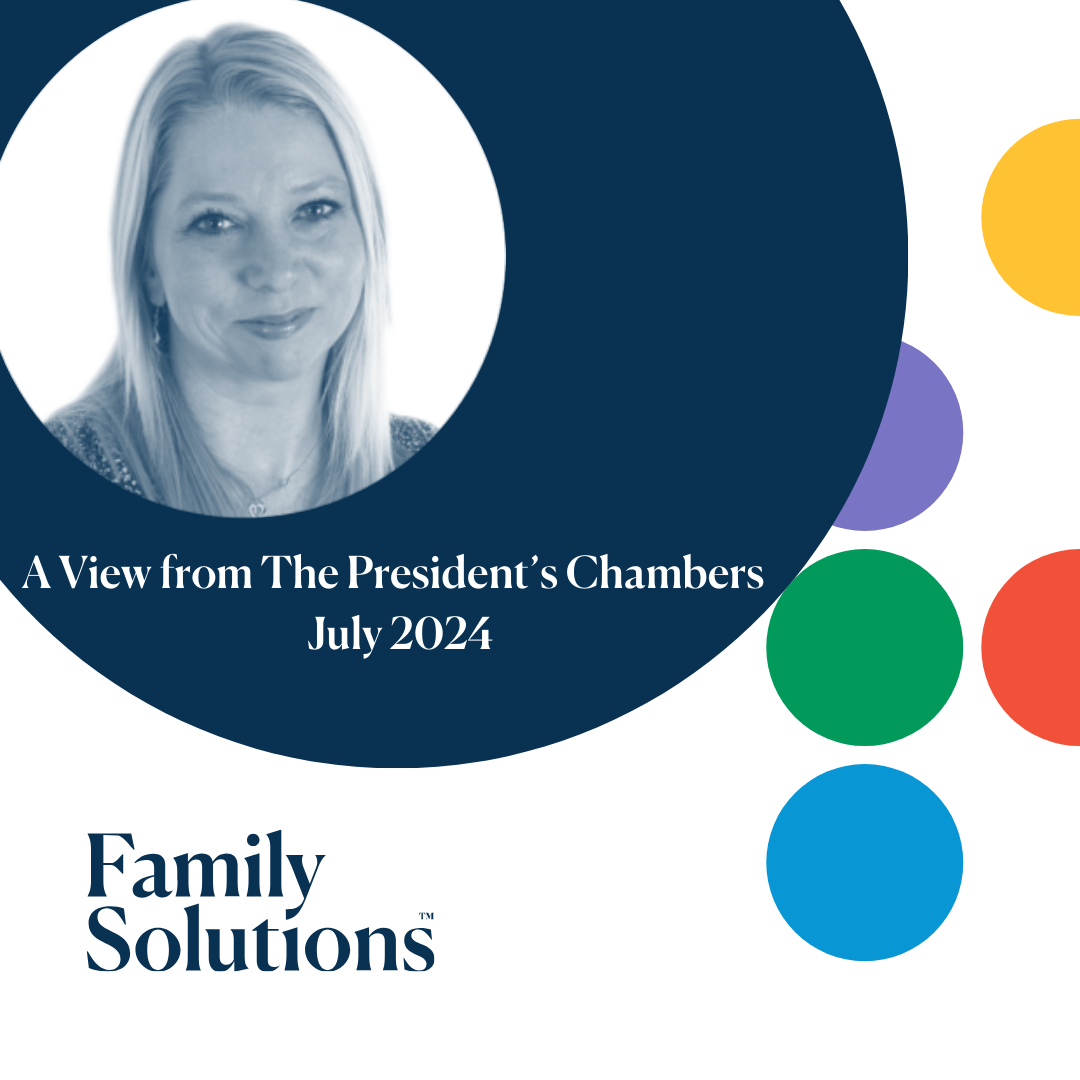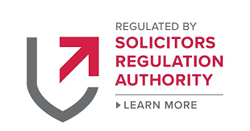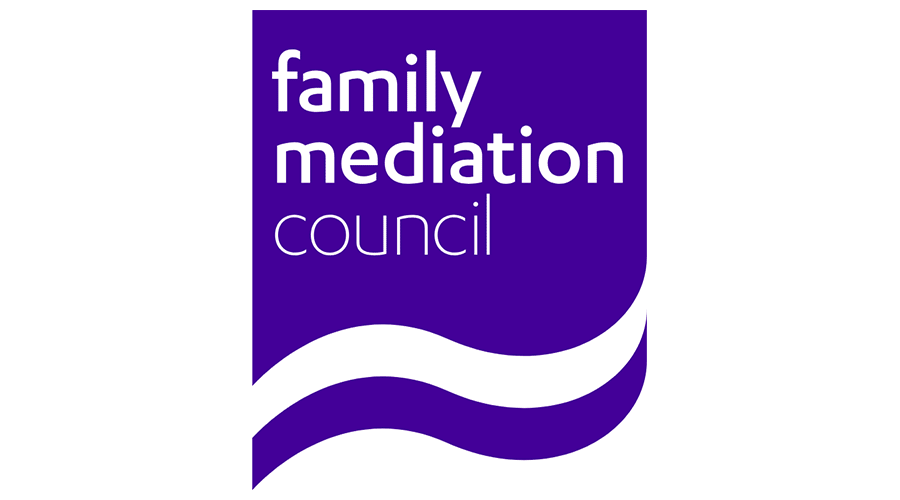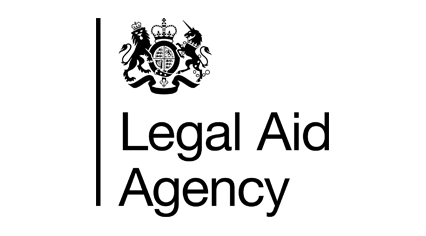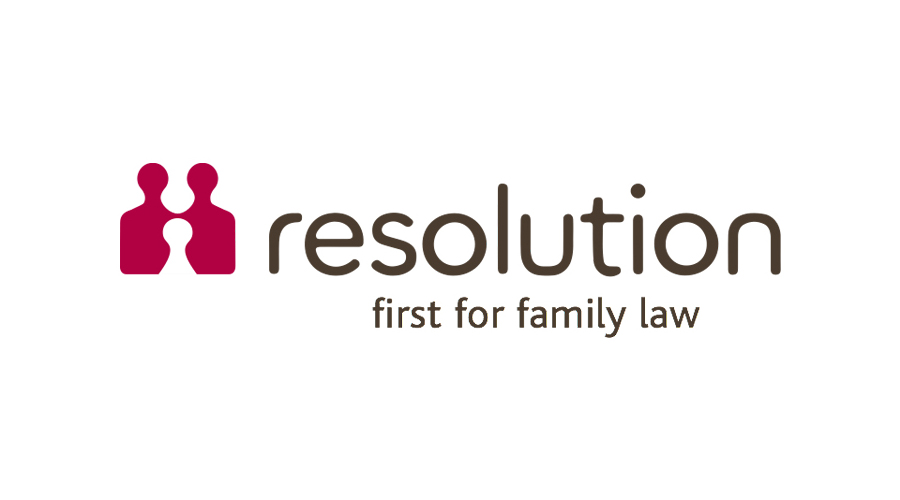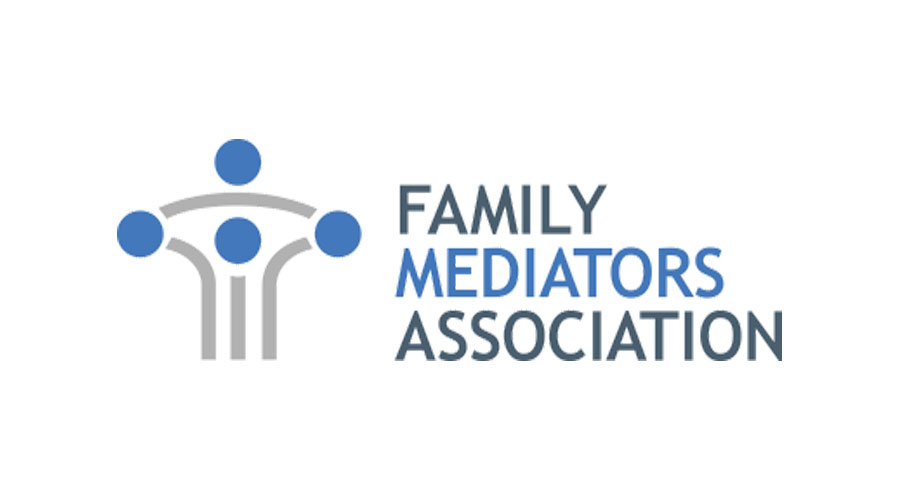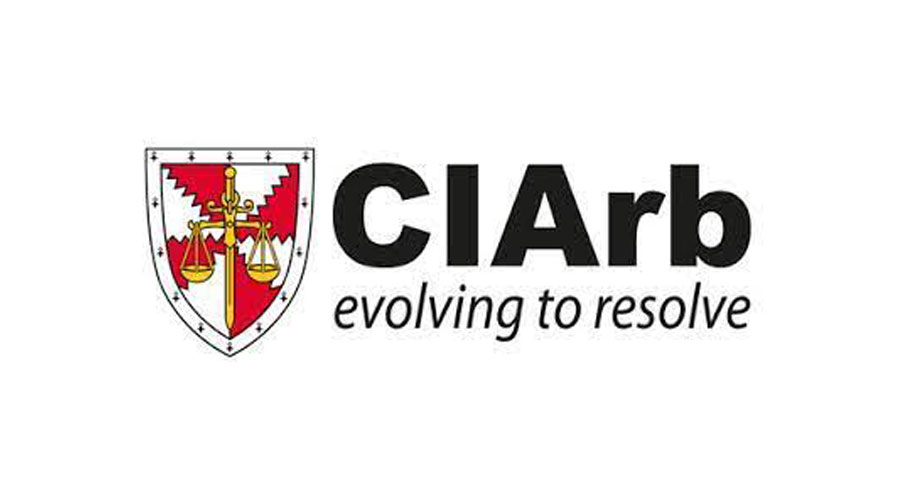Every year around this time, the President of the Family Division delivers an address about the past year in family law. This year Sir Andrew reflects on:
*Royal Wills
*The huge success and roll out of the Pathfinder project – designed to move away from litigant-led cases to a ‘problem solving court’ approach
*Changes to the MIAM regime, encouraging less use of the courts and more use of other pathways
*Collaboration between the judiciary and domestic abuse services
*The review of the Public Law Outline, dealing with the assessment of cases likely to fall into the care proceedings pathway
*Six Family Justice Board priorities
*Disclosure between Family and Criminal Justice agencies
*Security of the judiciary
*Transparency in the family courts
*Digitalisation in family court processes
*A Suspected Inflicted Head Injury Service Pilot
*Bundles
As a firm specialising in integrated ways of working in less confrontational ways, the question of MIAM’s is of particular interest to us here at Family Solutions. A MIAM (dreadfully named, and usually better described as a conversation about all of the available approaches) is the best starting point when families face separation or change.
Despite public opinion, media reporting and soap story lines, court is rarely the best place to start. The regime has recently been tightened up to encourage more people to move away from the courts, and to retain control over their own decision making.
Courts have a duty to consider what efforts have been made to keep (suitable) cases out of court, thereby leaving it free to deal with cases that require judicial attention. Your judge will consider other ways of resolving concerns at every stage of the case and they can even bring a pause to your case to allow you time to look at other pathways, regardless of whether you agree. There will now be cost consequences for litigants who blindly continue with applications.
The whole of Sir Andrew’s report can be found here
